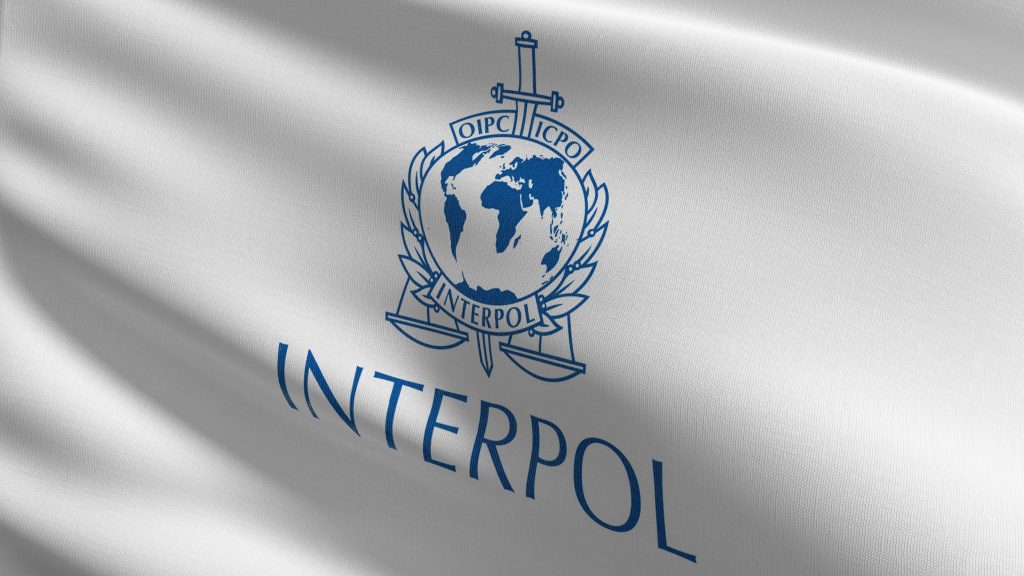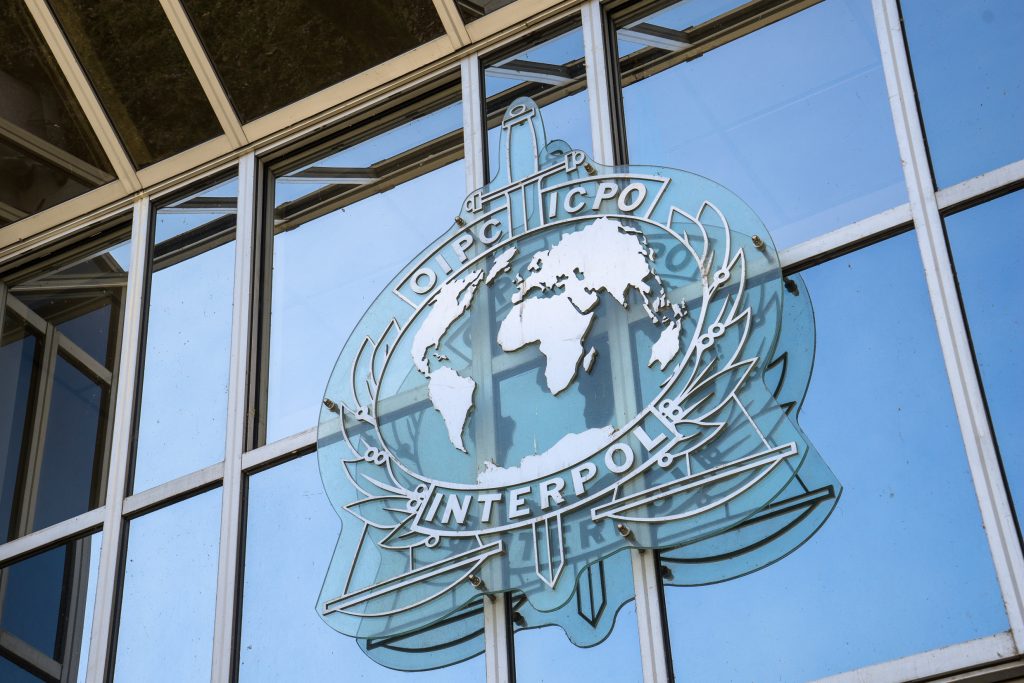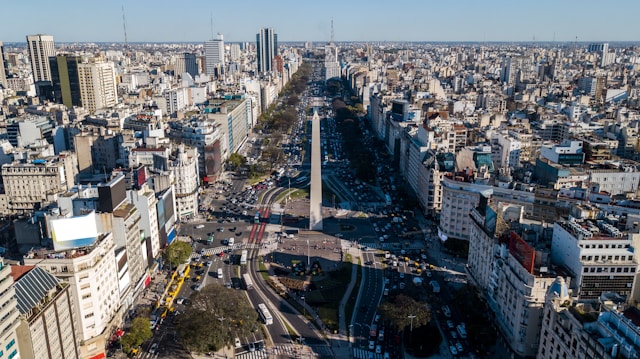Emeh Nnamdi is a whistle-blower responsible for leaking evidence of corruption, kidnappings, human organ harvesting and extra-judicial killings by Nigerian police officials. Nnamdi reportedly used an anonymous social media account, “Gistlovers”, to leak official documents that have led to criminal investigations of top officials.
Soon after Nnamdi’s identity was outed on social media, Nigerian police launched a man-hunt and issued an arrest warrant on 20 February 2023. He was subsequently arrested on a Red Notice in neighbouring Benin on 6 March 2023 following an Interpol-led operation between Nigerian and Benin law enforcement agencies and he is currently detained in Nigeria.
Nnamdi has been arrested on criminal charges of unlawful possession of firearms, money laundering, fraud, impersonation of an Assistant Superintendent of Police and defamation of character. The firearms, money laundering and fraud charges are all consistent with the types of false charges deployed by despotic regimes in politically motivated Red Notices against dissidents .
Nigerian civil rights group, Rule of Law Advocacy and Accountability Centre, called on authorities to ensure a transparent investigation of the allegations against 26-year-old Nnamdi:
“This is the same fellow who made revelations about the existence of an alleged criminal cartel of police officers in Zone 13 Ukpo and Anambra State CID Annex (former Awkuzu SARS), involved in unlawful detention, torture and extrajudicial killing, stealing and conversion of property of executed detainees in their custody.
“The investigation of both sides must be transparent, impartial, exhaustive and effective. The detained whistleblower must not be subjected to any form of torture or ill-treatment. He must be accorded all the due process guarantees and safeguards against abuse of his fundamental human rights. The IGP should facilitate, for him, access to legal support as mandated by the Police Act.”
The Rule of Law Advocacy and Accountability Centre said it was closely monitoring the investigation into allegations against police officers raised by the whistle-blower, and that it would also be monitoring the arrest and investigation against Nnamdi.
There is a serious lack of accountability and transparency with regards to Interpol’s role and responsibility in protecting the rights and welfare of those who are the subject of Interpol Red Notices, including whistle-blowers.
Any false or politically motivated criminal charges that form the basis of a Red Notice ought to be blocked by Interpol’s internal screening procedure.
Politically motivated Red Notices breach the embargo on Interpol becoming involved in activities of a political nature under Article 3 of its Constitution.
In 2016, Interpol established a task-force for reviewing Red Notices before they are circulated to the National Central Bureaus of each member state. Before the review mechanism was introduced, member states could enter Notices directly into the Interpol database without prior review. Although the inner-workings of the review-mechanism is shrouded in mystery, its general purpose is to screen Notice requests that are non-compliant with Interpol’s Constitution and rules.
Interpol do not publish details of the procedures or standards applied by the task-force when screening Red Notice and Diffusion requests that are non-compliant with Interpol’s Constitution and rules, which include upholding the Universal Declaration of Human Rights.
If Nnamdi has been arrested on false, politically motivated, criminal charges, there is no accountability process in place by which he could hold Interpol accountable for any failures to identify a non-compliant Red Notice.
It appears from reports that Nnamdi was arrested in Benin on an Interpol Red Notice and handed to Nigeria without the proper legal process having been engaged for his extradition. There is currently no judicial or quasi-judicial mechanism available for holding Interpol accountable for its role in an unlawful extradition on the basis of a non-compliant Red Notice.
While UK courts have blocked politically motivated extraditions of whistle-blowers to countries where expression of political opinions against state-corruption is punishable, see for example Turkey and Russia , the judiciary shy away from commenting on any systematic decimation of the rule of law and human rights in the requesting State.
If you require legal advice from specialist Interpol Red Notice lawyers about any matter relating to Interpol, please contact us here . You can read more about us, here .



